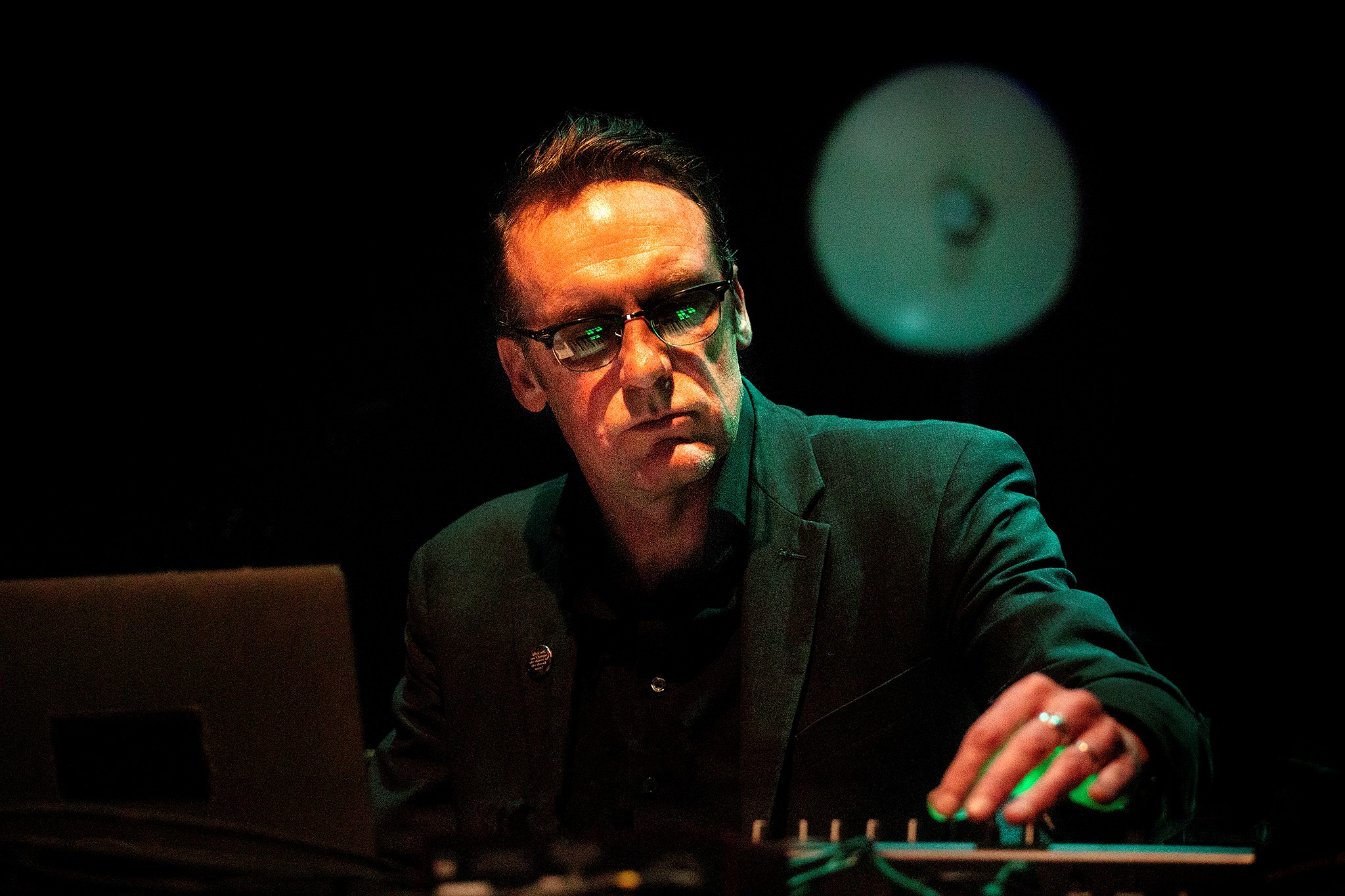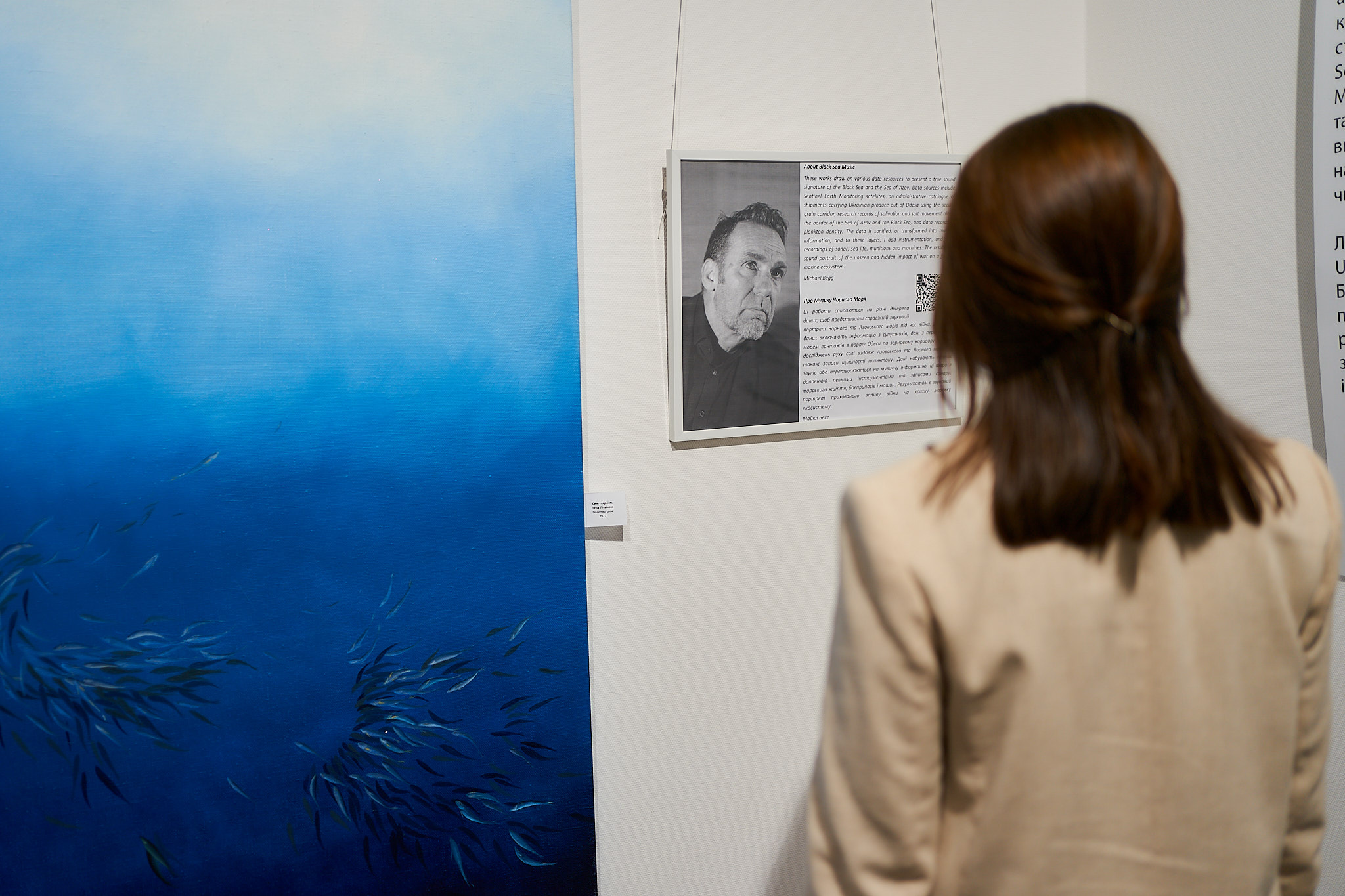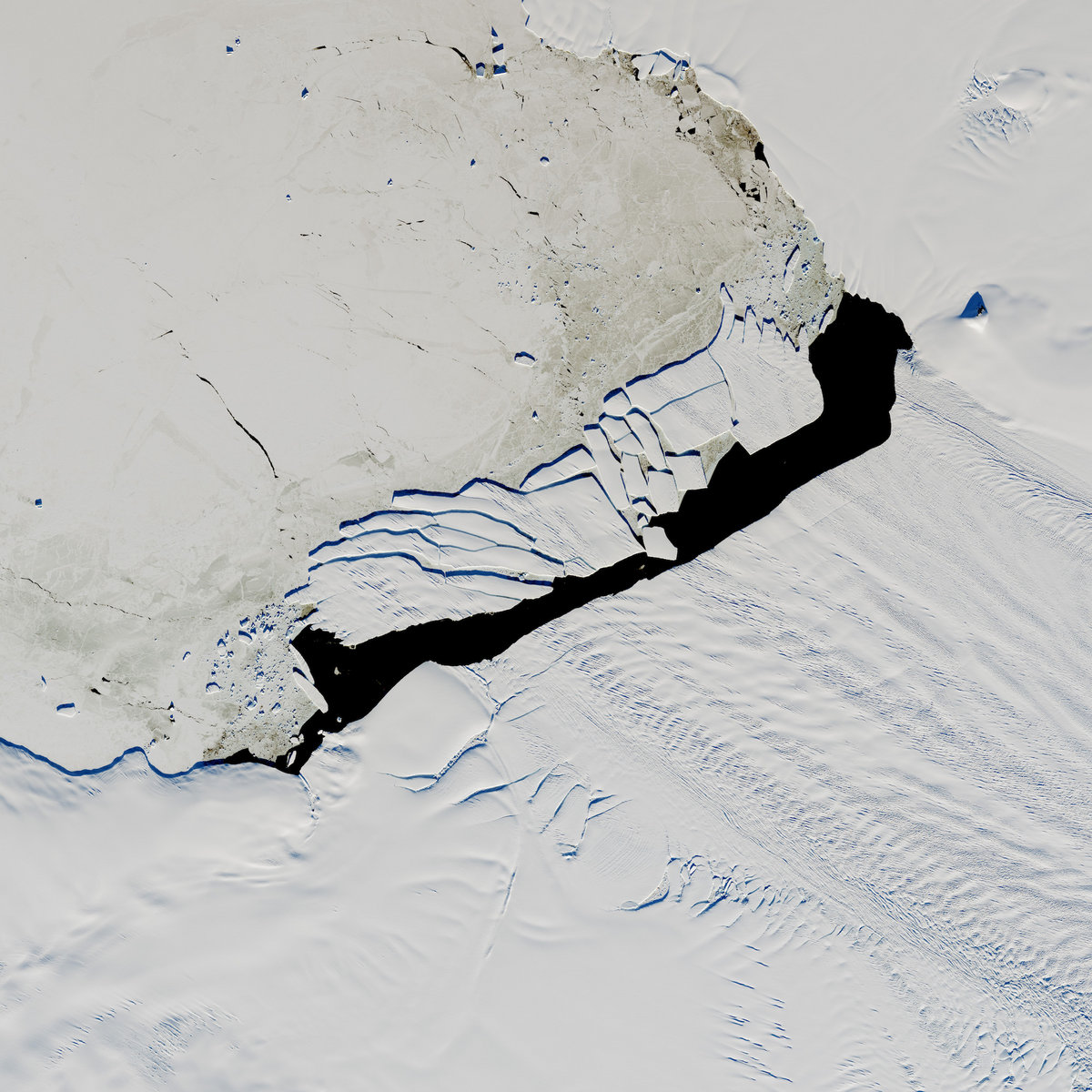 As an EMBracing the Ocean resident artist, Michael turned his attention to the Southern Ocean and Antarctica. He worked together with scientific collaborators Lukrecia Stulic from Alfred Wegener Institute for Polar and Marine Research (AWI, Germany) and Yoshihiro Nakayama from Hokkaido University (Japan). Starting from the observation that data is the common vocabulary of science and art, Michael has creating new works to explore the beauty, complexity and fragility of this vast and mysterious territory. The resulting works, through recordings, broadcast and performance play an important role in engaging audiences with the mystery, to the science, and to the urgent need for personal action in responding to the climate crisis.
As an EMBracing the Ocean resident artist, Michael turned his attention to the Southern Ocean and Antarctica. He worked together with scientific collaborators Lukrecia Stulic from Alfred Wegener Institute for Polar and Marine Research (AWI, Germany) and Yoshihiro Nakayama from Hokkaido University (Japan). Starting from the observation that data is the common vocabulary of science and art, Michael has creating new works to explore the beauty, complexity and fragility of this vast and mysterious territory. The resulting works, through recordings, broadcast and performance play an important role in engaging audiences with the mystery, to the science, and to the urgent need for personal action in responding to the climate crisis.
Sounding the ice factory
Michael has developed a series of new musical compositions 'Sounding the ice factory' that addresses the formation and purpose of coastal polynya (openings in sea ice cover) and the role of the thermocline in relation to the health of ice shelves. The compositions are based on various climate and oceanographic data from the Antarctic including thermocline data from the Pine Island Glacier, polynya modelling and salt fluxes. The work reveals a complex relationship between environmental and climatic elements, and reveal a fragile, restless sound portrait of a region approaching a critical tipping point, with consequences for the whole planet. The recordings were released on Bandcamp on 17 April 2023 and are available here.
Image: Pine Island Iceberg Under the Midnight Sun, NASA Earth Observatory by Jesse Allen using Landsat data from the U.S. Geological Survey
Other project outputs include:
- A preview of the work was performed by the Black Glass Ensemble group at the Edinburgh Fringe Festival in August 2022 as part of the Made in Scotland programme.
- Michael has been featured in a film by Creative Informatics on ‘Data-driven innovation for sustainable creative practice’, which was presented at the New European Bauhaus Festival in Brussels on 9th June. In the film, Michael discusses his creative practice in terms of its activism, its relation to climate science and its growing role in terms of bringing broader public attention to Ocean science through his EMBracing the Ocean residency.
- Michael has talked about his residency in an interview with 'Fifteen Questions' and in a blog article written by EMB Young Ambassador Anjali Gopakumar here.
- The EMB science webinar on 20th April 2023 featured Michael discussing his project.
- Guest lecture to Masters students in Environmental Management at the University of Edinburgh highlighting the EMBracing the Ocean residency and the importance of art-science collaborations.
- Interviewed in a podcast by the Young Academy of Scotland in an episode about Coastal Climate Change Art.
As a continuation of his EMBracing the Ocean work, Michael has been invited to be the Friends of Scott Polar Research Institute's first musician-in-residence, aboard HMS Protector from December 2023 - March 2024. Find out more here.
Black Sea compositions
 Michael collaborated with EMBracing the Ocean resident artist, Lera Litvinova, to create sound works describing the impact of war on the fragile ecosystem of the Black Sea. Michael uses publicly available data, such as from the European Space Agency’s Sentinel 3 Ocean monitoring satellite, and audit records of ships passing through the secure trade corridor. This work was broadcast in a special one hour edition of experimental music radio show, A Duck In A Tree on Saturday 17th December available here.
Michael collaborated with EMBracing the Ocean resident artist, Lera Litvinova, to create sound works describing the impact of war on the fragile ecosystem of the Black Sea. Michael uses publicly available data, such as from the European Space Agency’s Sentinel 3 Ocean monitoring satellite, and audit records of ships passing through the secure trade corridor. This work was broadcast in a special one hour edition of experimental music radio show, A Duck In A Tree on Saturday 17th December available here.
The Black Sea compositions were included in the 'Under the Surface' exhibition curated by EMBracing the Ocean artist-in-residence Lera Litvinova at Kyiv Museum of History from 29 March - 16 April 2023.
The impact report for Sounding the Ice Factory can be downloaded here.
Previous work
Throughout much of 2021 Michael was engaged by the Ocean ARTic Partnership comprising the Marine Alliance for Science and Technology for Scotland, People Ocean Planet, Creative Informatics and Blue Action EU to produce new musical compositions that would seek to draw science and art together and increase public engagement with marine climate science. Michael worked with scientists at AWI in Germany, the University of Edinburgh and the Scottish Association for Marine Science to produce a suite of recordings, Light Water Is Black Water. The work explored model data showing the impact of diminished sea ice on lower latitudes. It was performed with Black Glass in a live stream broadcast during COP26, and the work will make its live premiere in June 2022 at Edinburgh’s Queen’s Hall.
Action for Mission Restore our Ocean and Waters
This project is an action towards achieving the objectives of the European Commission's Mission Restore our Ocean and Waters, specifically contributing to the enabler “Public mobilisation and engagement”.
